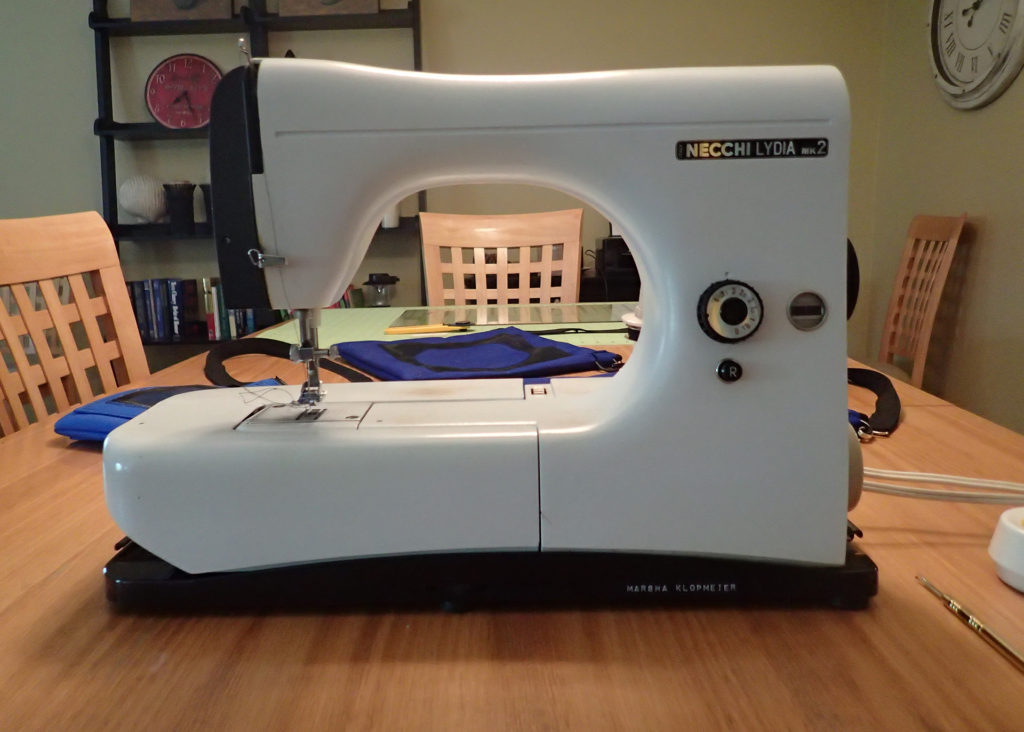There is not one route to becoming an engineer. I’ve noticed that many of my women engineer colleagues share a passion for sewing or quilting, and with good reason. Sewing is a self-directed hobby that builds creativity, resilience, design & execution skills, and grit. We all learn so much more from our failures than from our successes. Success builds confidence, but failing and trying again builds resilience and grit. You need both to become an engineer.
You don’t become great at sewing without learning to rip. Sometimes, you need to start over. Sometimes, that fabric you fell in love with just doesn’t work for your project. You learn that it’s not the end of the world, and how to improve next time. You learn about seam allowances, tolerances, construction–how things go together. You also have the opportunity to figure out human factors/industrial engineering things like effective workstation set-up and process flow.
Sewing provides project challenges that can grow with your skills. You can literally dream up a new project, design it, buy materials and make it. If you don’t like it, you can modify it or make it up a different way. These are fundamental problem solving skills that transfer to other disciplines. It’s a fun way to learn and create, and you end up with something useful!
There are so many great extra-curricular programs that introduce STEM topics offered through schools, communities and organizations like the Girl Scouts (check out their Year of the Girl program). But the majority of these provide limited amounts of hands-on time.
Self-directed hobbies, like sewing, provide a creative outlet where girls can become designers, and develop creative problem solving skills and grit. You get to work both the design and manufacturing part of the process. (And you better believe that provides real lessons that transfer to engineering products as well!) Design your own quilt? You will use those math skills to figure out how much fabric you need, and most efficient cutting layout.
Building confidence through self-directed hobbies like sewing helped me dig down deep and stick with engineering when the courses got tough. Looking back at a 30+ year career in engineering, I am so grateful for those hobbies that helped me get through some tough times. I had confidence that I was creative, I just had to learn a new medium. You can too.
What do you do that builds confidence and problem solving skills? Let me know!
Cheers!
MK Tufft

